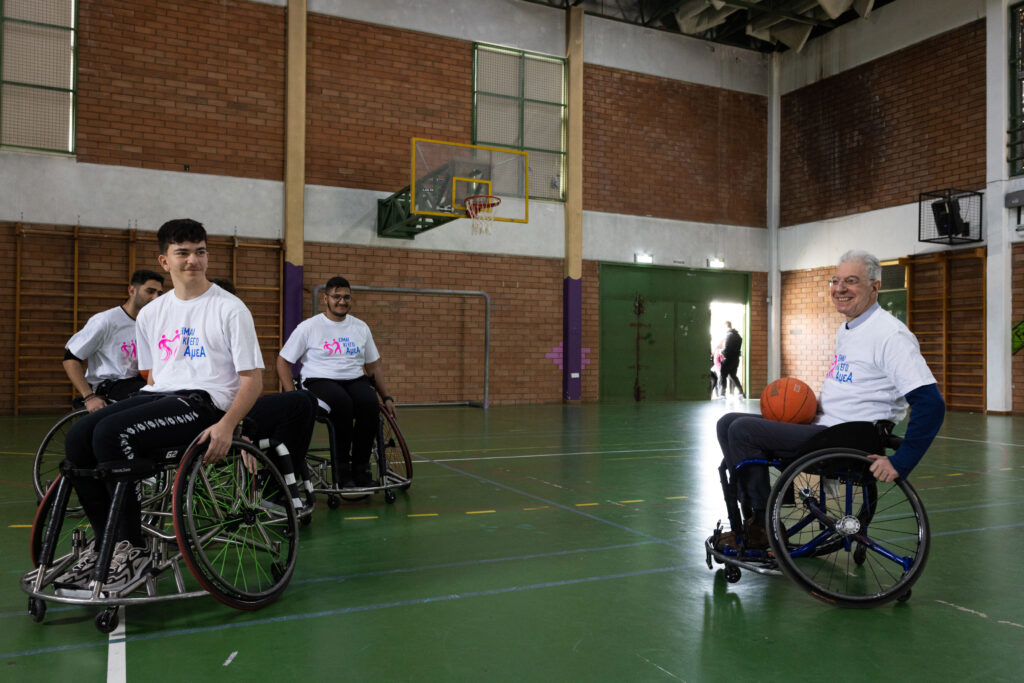Our View: Education ministry should be asking smarter questions
Representatives of two groups supporting the rights of children with disabilities on Monday walked out of an education ministry conference that was discussing proposals to improve special education, to protest against discriminatory policies.
They say the ministry keeps violating the UN convention for unified education that would allow children with disabilities to receive mainstream, and not special, education. The ministry, instead of adopting the provisions of the convention, has decided instead to strengthen the 1999 national special education law.
The opposing statement was signed by the Cyprus association for the support of persons with attention deficit disorder (ADHD) and the Agalia Elpidas organisation, the group of parents and friends of children with cerebral palsy and other paralysis.
They said the ministry was consolidating the segregation of children with disabilities.
“This does not improve our education system so that all children can enjoy the right to an inclusive and non-discriminatory equal education in their neighbourhood school, alongside their classmates and peers,” their joint statement said.
Most of this is an issue that goes back years – how to integrate children with special needs into mainstream education- but what was most shocking from the whole furore were the figures cited by Prodromou. He said that children in special education represented 12-13 per cent of student population.
This is a huge number and one which apparently doubled from 7,400 in the 2014-2015 to 13,000 in the 2020-21 school year.
The minister did not break the figures down into how many of these children have physical or mental disabilities or how many have been diagnosed with ADHD, which makes it difficult to assess off the bat whether anything else can be done other than lumping them all into ‘special education’, regardless.
Shouldn’t the ministry be addressing the elephant in the room and asking itself why the number of children in special education has more than doubled to such worrying levels?
The big question is how many of these diagnoses were made during the past two years when schools were closed due to Covid lockdowns, the introduction of remote learning, lack of physical exercise and daily structure, increased screen use, limitations on peer interactions and socialisation, mask-wearing, isolation and government-instilled fear and anxiety that children themselves posed a health risk to their parents and grandparents.
Many post-lockdown studies since have shown in various countries that more than half of students surveyed showed a significant drop in school performance, reduced concentration ability and less motivation to learn, all which could be interpreted as symptoms of ADHD.
Shouldn’t some resources at least be poured into trying to reverse some of the educational fallout caused by the government’s imposed lockdown policy before expanding the sphere of ‘special education’? Shouldn’t the focus be on finding ways to increase the numbers of trained staff and mainstream all children, whether physically or otherwise disabled, as provided for under the UN convention rather than just placing them all in ‘special education’?







Click here to change your cookie preferences